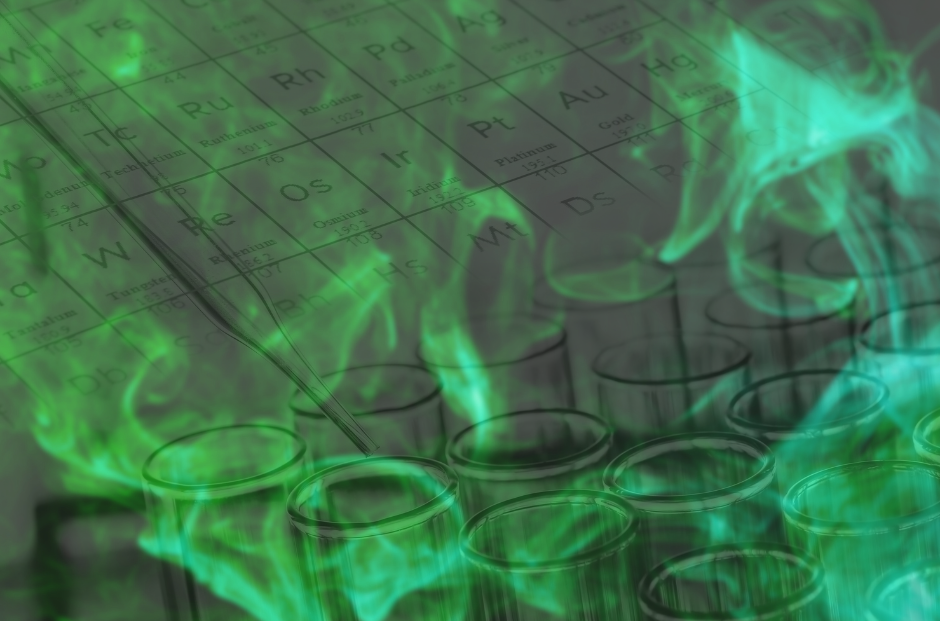
We all know that nitrogen generators can set labs free from the hassles of nitrogen tanks -- the ordering process, the storage, the maintenance, and of course, the hefty price tag. These advantages are easily quantified by the lab's budget and the lab techs who are now more productive due to their reduced workload.
But what about the environmental benefits? How do you actually know if generating laboratory grade nitrogen on site is more environmentally friendly than ordering and exchanging tanks?
There are a few different factors to this, so let's go through them.
1. Less transportation
Whether you're ordering new tanks or just getting an exchange, this requires the manufacturer to travel to your laboratory from the distillation plant, drop the tanks off, and travel back to the warehouse. Depending on the distance, this can add up to a lot of travelling especially when done multiple times per month. When integrating a N2 generator into your laboratory workflow, you'll completely eliminate all unnecessary travel and emissions since you'll never require a refill or replacement.
2. Reduced electricity
According to a study by the European Industrial Gases Association (EIGA) comparing different methods of air separation, producing 99.9% pure nitrogen with a laboratory generator uses 30% less electricity than fractional distillation plants. When producing 98% purity, the energy savings grow to nearly 70%.
Commercial plants typically use a cryogenic distillation process for producing large amounts of nitrogen to fill tanks/cylinders. Not only does the process require an absurd amount of energy to carry out, but also generates large amounts of carbon dioxide. The CO2 emissions are then distributed into the air, contributing to our atmosphere's greenhouse gas crisis. Most in-house nitrogen generators create N2 through membrane filtration or PSA technology, which emit significantly less greenhouse gases while eliminating the need for high-polluting plants entirely.
3. No more product waste
A common complaint of nitrogen tanks is that they can leak overtime, which can lead to a lot of wasted nitrogen for labs who may use their tanks on a more sporadic schedule, or for those who store extra tanks for extended periods of time. Since laboratory generators produce nitrogen on-demand, it prevents the gas from sitting in an accumulation tank and possibly leaking out before being used. You'll be able to generate the exact amount you need, when you need it, without any waste.
Although nitrogen cylinders are able to be reused and refilled, they do have finite lifespan -- there comes a point where they become ineffective and must be replaced. Since they are not able to be recycled, they have to be thrown in the landfill where they'll remain for hundreds of years, completely unusable. Many disposed tanks still have a bit of nitrogen left in them, further contributing to the waste. Each and every lab that switches to an on-site nitrogen generator reduces these waste sources and contributes to a cleaner environment.
Discover everything you need to know about nitrogen generators, including the different types that are available and how much money it could save your lab. For help determining which unit could be right for your application, schedule a consulation with one of our professionals or reach out to sales@organomation.com.
